
OR
National consultation workshop advocates to scale up nutrition smart community in Nepal
Published On: April 24, 2024 07:59 PM NPT By: Sara Pahari

KATHMANDU, April 24: Experts stressed on transforming food systems in Nepal as well as nutrition education and the current status of child nutrition to scale up the nutrition smart community in Nepal amidst global challenges.
They expressed such views during the National Consultation Workshop organized by Welthungerhilfe (WHH) in collaboration with key stakeholders in Kathmandu on Wednesday.
The workshop, hosted by WHH under its Nutrition Smart Community (NSC) initiative, aimed to address malnutrition challenges in Nepal.
The workshop welcomed around 70 participants, including government officials, representatives from development agencies, private sector leaders, and members of Welthungerhilfe (WHH) and its partners.
Throughout the event, discussions revolved around Nepal's nutrition challenges and the successful strategies implemented through the WHH Nutrition Smart Community initiative in Bangladesh, India, and Nepal.
The NSC initiative, operating across 260 villages in vulnerable regions of Bangladesh, India, and Nepal, focuses on addressing malnutrition among children under 5 and women of reproductive age through a multisectoral approach. With South Asia facing the highest hunger rates globally, the workshop emphasized the need to meet Sustainable Development Goal (SDG) II to end hunger. Aligned with SAARC's Agriculture Vision 2020, the focus was on linking agriculture, nutrition, and health to improve outcomes for smallholder farmers through nutrition-sensitive farming practices.
Dr Arjun Karki, president of Rural Reconstruction Nepal, highlighted the need for a multisectoral approach to address malnutrition. “The NSC initiative, operating across 260 villages in vulnerable regions of Bangladesh, India, and Nepal, focuses on addressing malnutrition among children under 5 and women of reproductive age through a multisectoral approach,” he said.
Rakesh Katal, country director of Welthungerhilfe India, set the stage for discussions, emphasizing the importance of integrated farming systems, nutrition education, and community engagement in ensuring nutrition security.
Technical presentations delved into the findings of the Nutrition Education and Rehabilitation Program (NERP), the effectiveness of the LANN+ approach, and the revival of smart foods like millets.
Lila Bikram Thapa, chief of nutrition section, FWD, provided an overview of nutrition programs in Nepal. He presented that limited access to and consumption of quality health and nutrition services, inadequate access to nutritious food, sanitation, and basic health services for women and children, low public awareness regarding balanced eating behaviors for adolescents in schools, failure to reduce the availability of highly processed foods in urban markets, insufficient availability of clean drinking water and the inability to ensure safe, reliable, and sustainable drinking water services are the challenges in the field of nutrition.
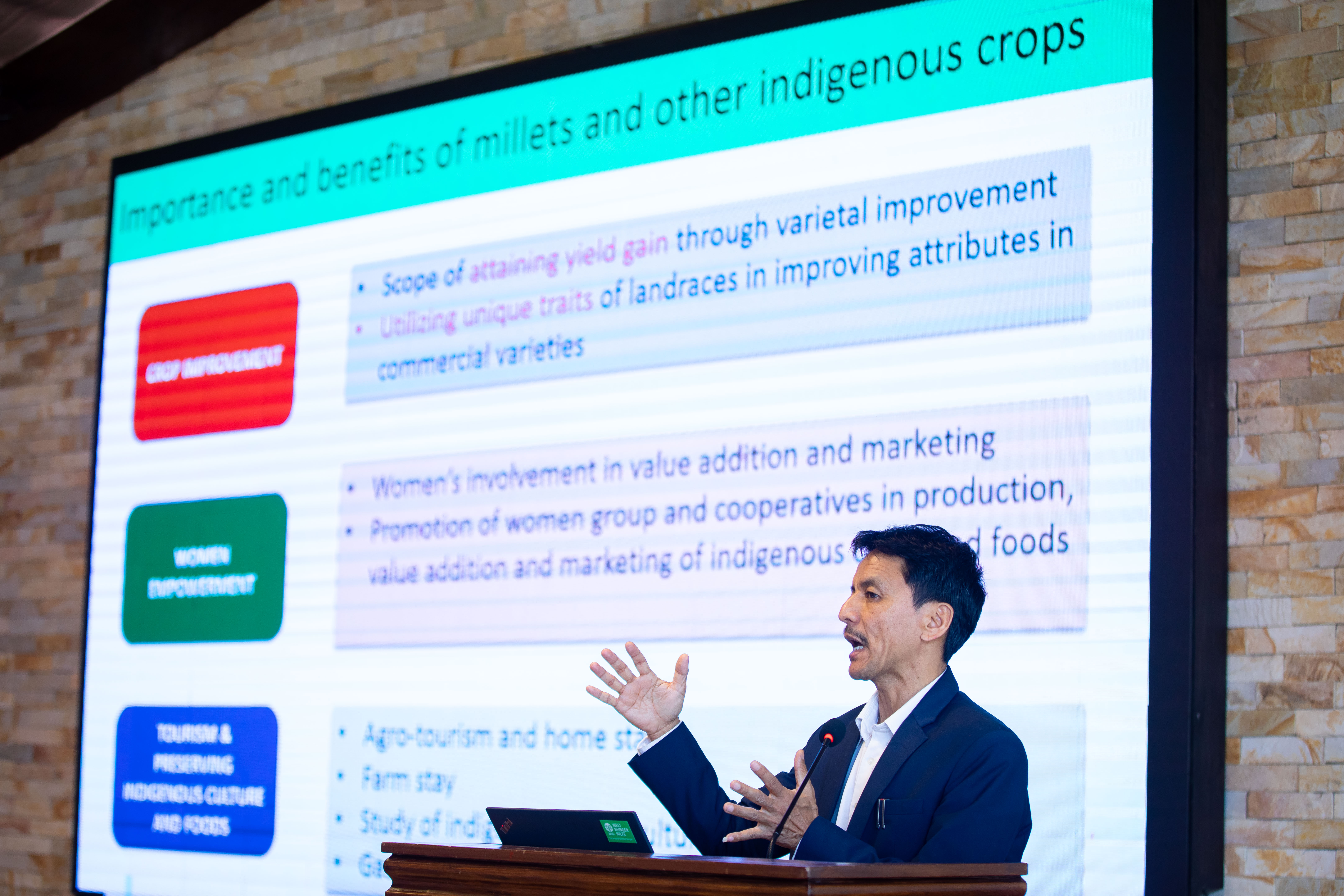 Community voices were highlighted, with project participants sharing their experiences and learnings from the NSC initiative. Panel discussions covered topics such as natural farming, food systems, nutrition, and social behavior change communication (SBCC), emphasizing the need for collaborative efforts to promote sustainable food systems.
Community voices were highlighted, with project participants sharing their experiences and learnings from the NSC initiative. Panel discussions covered topics such as natural farming, food systems, nutrition, and social behavior change communication (SBCC), emphasizing the need for collaborative efforts to promote sustainable food systems.
The workshop concluded with group work sessions focusing on policy recommendations and scaling up the NSC model. The event aimed to increase awareness, foster collaboration, and pave the way for partnerships to advance nutrition security in Nepal.
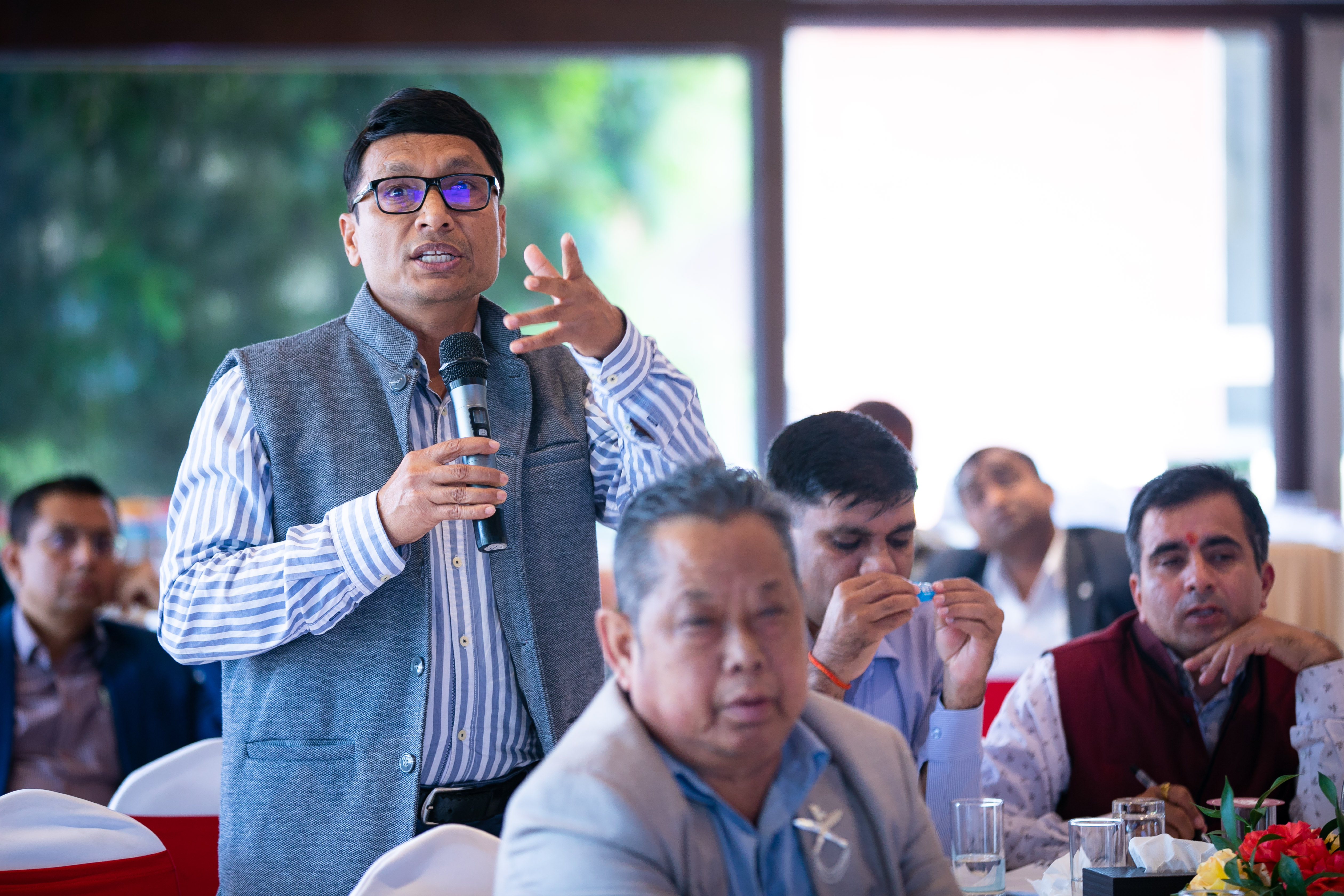
You May Like This
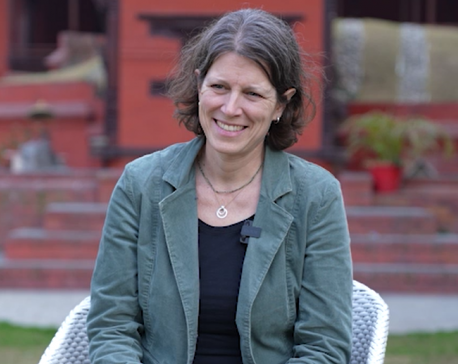
'Political will and concerted efforts can lead to tangible progress towards zero hunger'
Bettina Iseli serves as the Chief Program Officer at Welthungerhilfe, a German organization dedicated to advancing food security globally, with... Read More...
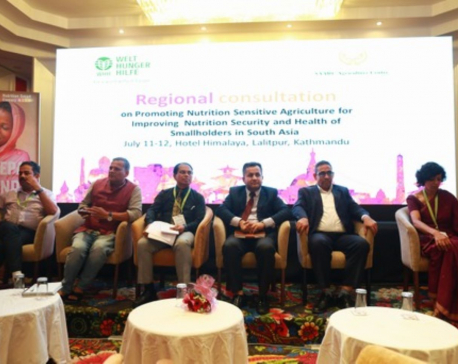
Welthungerhilfe joins hands with SAARC to find ways to address alarming nutrition crisis in South Asian countries
KATHMANDU, July 13: South Asia that covers only 3% of the world's landmass accommodates approximately 24% of the global population;... Read More...


Just In
- Police arrest individuals for defrauding Rs 30 million from 219 individuals misusing discovered citizenship
- FNJ demands full press freedom, announces election on June 8
- Price of gold and silver experiences fluctuations throughout this week given instability of conflict in Middle East region
- 73 succumb to tobacco consumption every day
- In Pictures: Preparations underway for Rato Machindranath chariot procession at Lalitpur
- Meeting called by Sudurpaschim CM Sodari to seek vote of confidence postponed
- Stock Analytics Software ‘gaining popularity’ in Nepal
- Health Ministry warns of action against health facilities running illegally







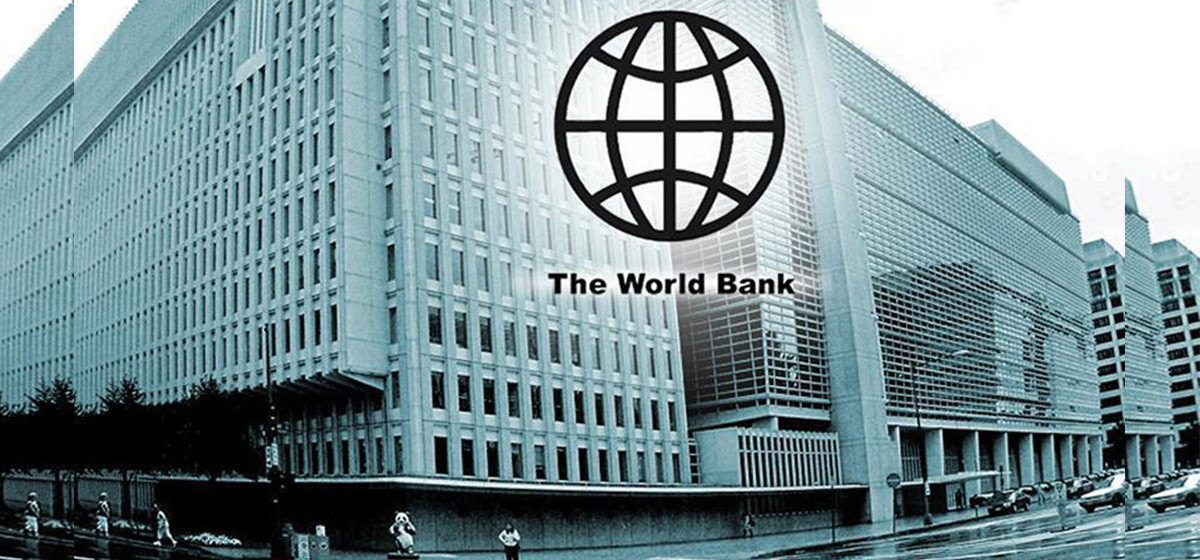
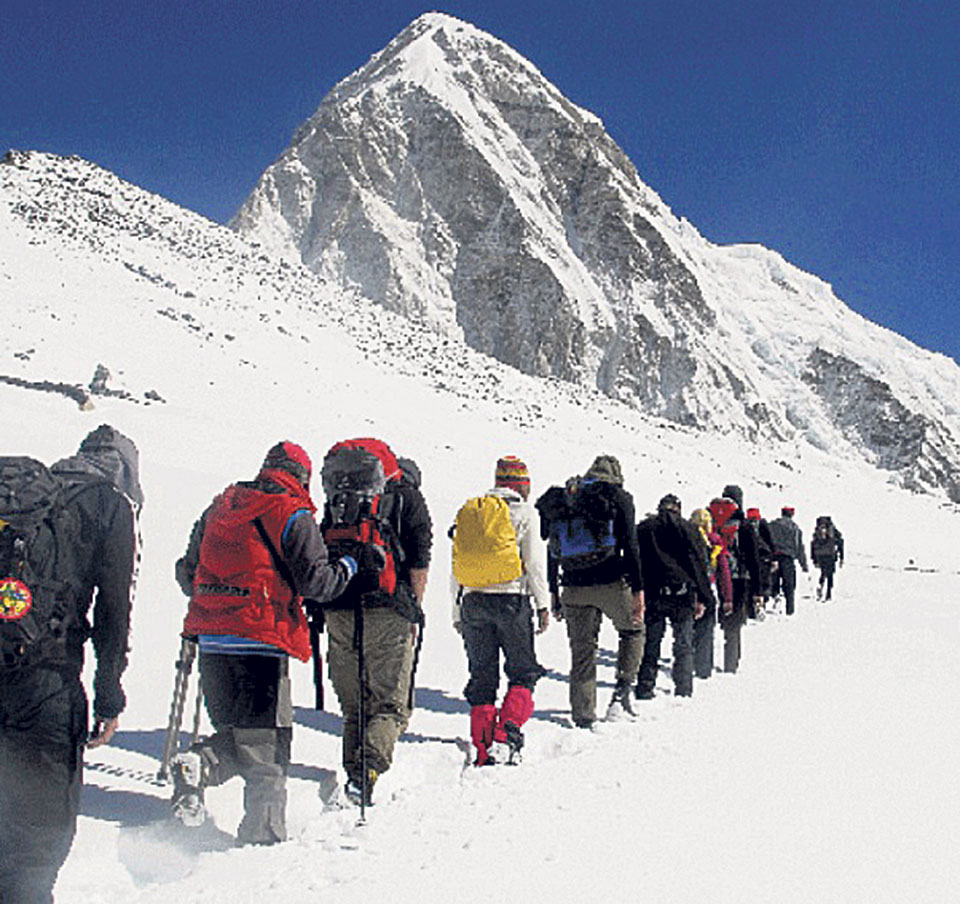
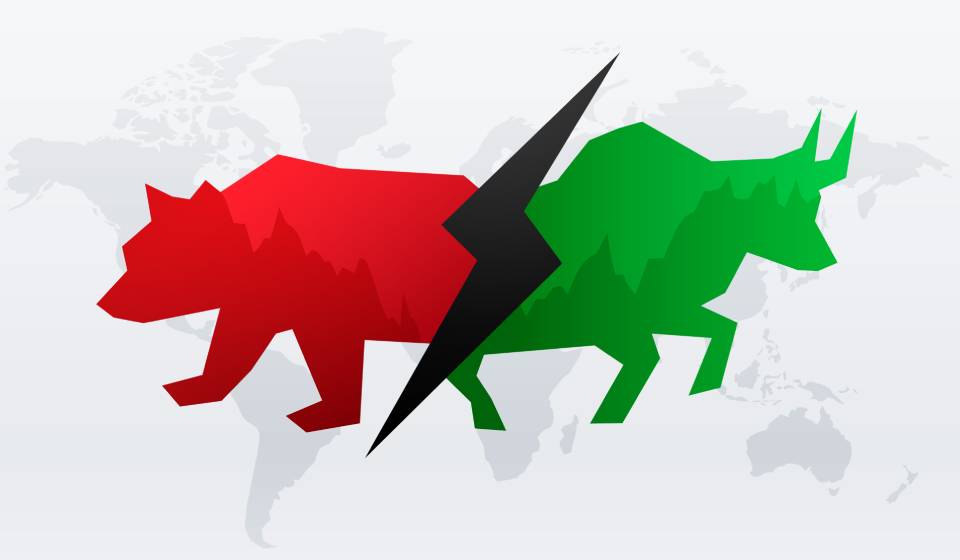
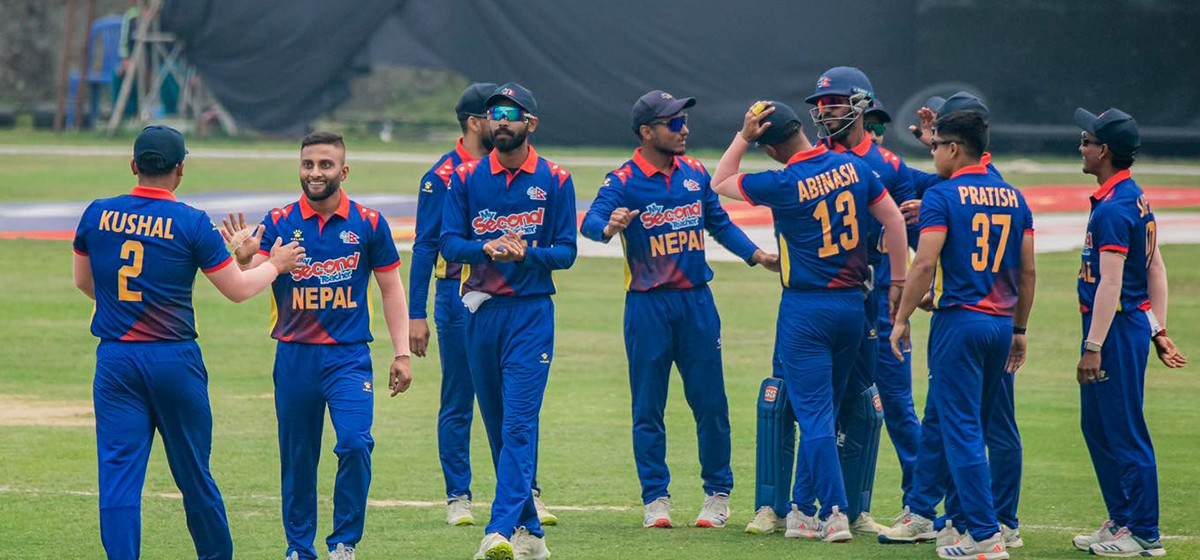
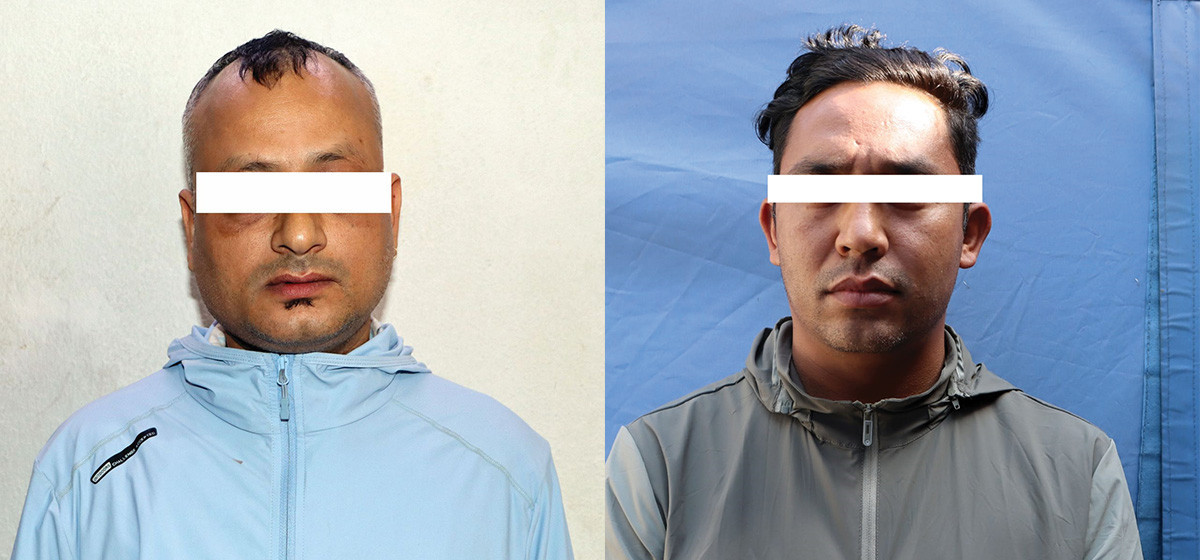
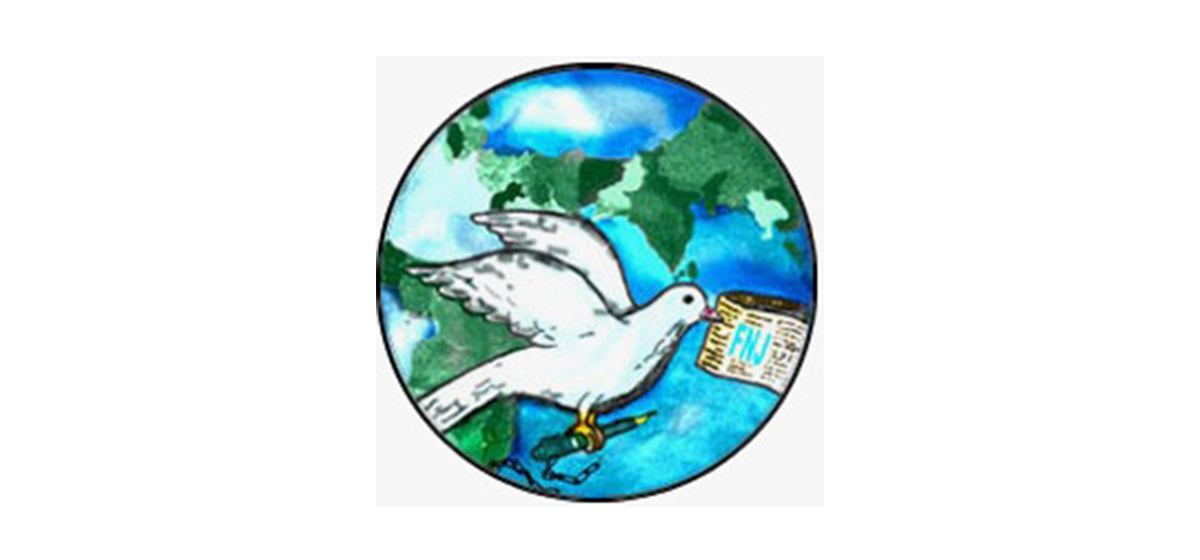

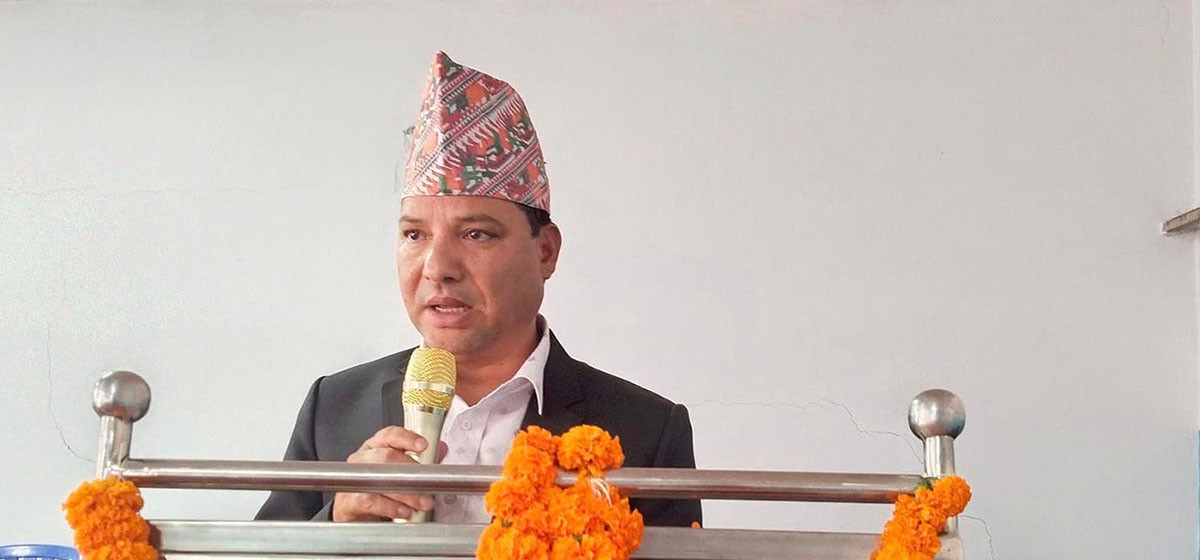
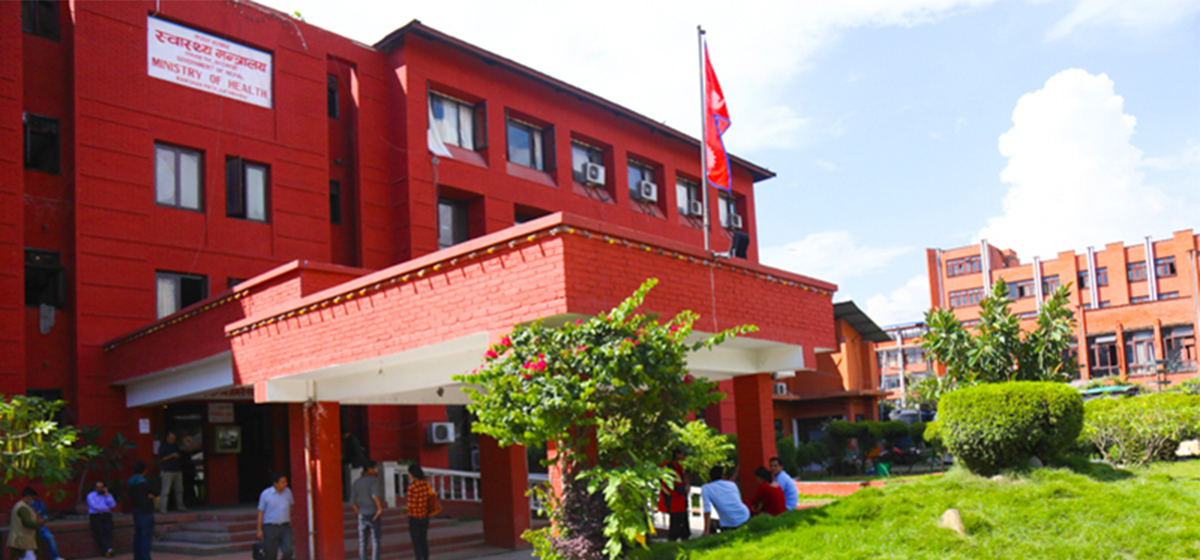

Leave A Comment